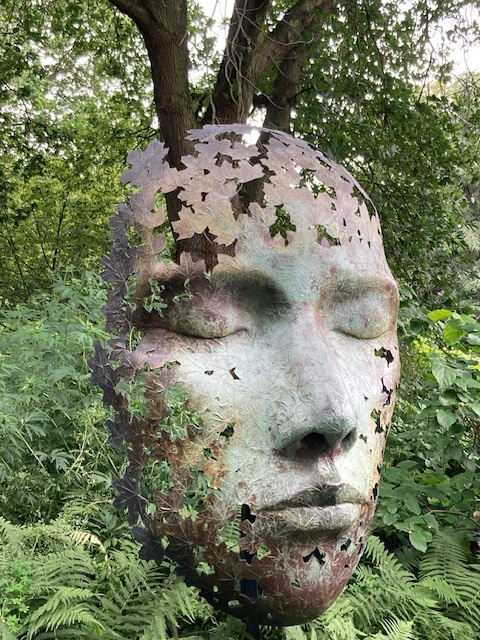
If you’ve been following the latest reports on the future of work, one thing is becoming very clear: while technology and artificial intelligence will transform how we work, it’s the human skills that will set us apart.
The World Economic Forum calls them “core skills.” Gartner calls them “power skills.” McKinsey refers to them as “distinctive capabilities.” Whatever term you use, they all point to the same truth: our ability to relate, adapt, and think creatively is becoming our biggest asset.
The Future is Human
Future proof your career: The human skills technology can’t replace.
Skills like emotional intelligence, resilience, adaptability, and creativity are no longer the soft skills of yesterday. In fact, Gallup’s research shows that organisations with emotionally intelligent, resilient teams perform better across every meaningful metric, from engagement to profitability.
But here’s the challenge: these skills don’t come with a simple how-to manual. They aren’t something we acquire in a weekend training course.
They are cultivated over time, often starting with our relationship to our own mind. As we become more self-aware, we become more aware of others. In the workshops that I deliver on ‘Relationship Awareness within teams’ participants leave with an understanding that we are motivated and engaged differently and respond to conflict in different ways. Navigating this skilfully can become a game-changer.
And this is where being more mindfulness and building self-awareness become the cornerstones of effective engagement.
Mindfulness: The Quiet Power Skill for the Future of Work
‘The difference mindfulness makes in a world of constant change and uncertainty can be a game changer.’
Mindfulness as a Foundational Skill
Mindfulness is sometimes misunderstood as simply “stress reduction.” While it certainly supports wellbeing, it goes far beyond that. Mindfulness helps us chose where we place our attention and focus. It develops self-awareness. It creates a tiny but vital space between stimulus and response, allowing us to choose how we engage with what’s happening around us.
- When we practise mindfulness, we strengthen emotional intelligence, noticing our triggers, recognising others’ emotions and responding with care.
- We build resilience and agility, able to sit with uncertainty, change and ambiguity without shutting down or making assumptions.
- We develop complex problem-solving skills, noticing when we’re stuck in fixed thinking and opening up to creative perspectives.
- And perhaps most importantly for leaders, we cultivate authentic presence, the ability to listen deeply, hold space for others, and lead from a grounded place.
Science Meets Practice
Whilst we are still at our infancy in understanding the complexity of the brain, the evidence is increasingly robust. Studies show that regular mindfulness practice strengthen areas in the brain related to emotional regulation, empathy, and executive function. As McKinsey’s recent report on “mindsets for the future of work” highlights, the ability to stay open, manage emotions, and learn continuously will be critical for navigating the uncertainty ahead.
Gartner’s 2024 research identifies “human leadership” empathy, adaptability, authenticity, as central to building trust-based, high-performing teams. Mindfulness provides practical tools to develop these capacities from the inside out.
A Practical Relevance Right Now
In our current times, we’re navigating a unique combination of pressures: hybrid work challenges, digital overload, economic & geopolitical uncertainty as well as rising mental health concerns. All of this requires leaders and teams who can stay centred and connected amidst complexity.
In my own work with professionals across a wide range of sectors, I’ve seen how mindfulness can make a real difference:
- Teams able to focus and collaborate better
- Leaders making decisions with greater clarity, less reactivity & greater engagement
- with their teams
- Employees building personal resilience to manage workload and stress
- Cultures becoming more inclusive and psychologically safe
I was recently delivering a workshop for Team Leaders where we were exploring team behaviours that foster high functioning inclusive teams. One of the participants had taken part in a LiveWorkWell mindfulness trainings at an earlier stage of his career and mentioned how valuable these skills and insights have been as his career has evolved and have stood him in such good stead as a leader of a growing team.
The Mindful Edge
Ultimately, mindfulness won’t change the external demands of the workplace. But it changes how we meet those demands. As one senior leader recently reflected after a mindfulness session:
“The pressure is still there. But now I have more space inside to meet it.”
In a world of constant change, that inner space may be one of the most valuable assets we can develop.
If you’re curious about how mindfulness might support your organisation’s future-ready skills, get in touch. Sometimes the most future-facing investment is the most timeless one, how we train our minds.
